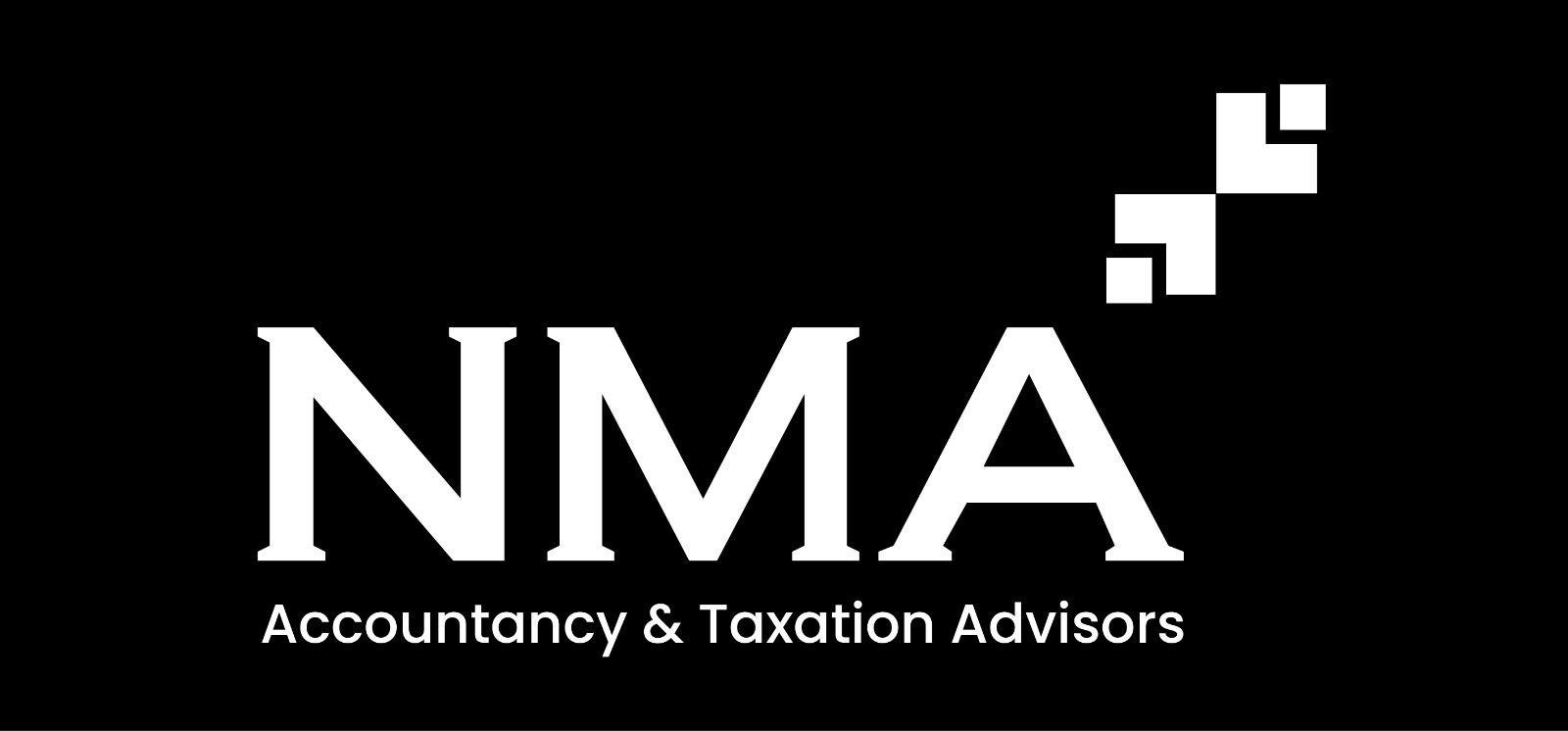
Why You Should Consider Registering Your Startup as a Limited Company
When starting a new business, one of the most important decisions you’ll make is choosing the right business structure. As a startup, you have several options, including operating as a sole trader, a Limited Liability Partnership (LLP), or a limited company. Each of these structures has its own set of advantages, but today, let’s explore why registering your startup as a limited company can be a smart move.
What Is a Limited Company?
A limited company is a business structure in the UK that exists as a separate legal entity from its owners. This separation provides limited liability protection, which means your personal assets are protected if the business encounters financial trouble or legal issues.
By forming a limited company, you ensure that your business is legally distinct from those who run it, maintaining separate finances from personal accounts. Limited companies are registered with Companies House, which is the UK’s official register of companies.
What Is a Sole Trader?
In contrast, a sole trader is a business owned and operated by one individual who is self-employed. As a sole trader, there is no legal distinction between you and your business. This means if your business runs into financial problems, you are personally liable for the debts, putting your personal assets, such as your home and savings, at risk.
While anyone can start a sole trader business without registering with Companies House, you must still register with HMRC as self-employed and submit a self-assessment tax return each year.
Benefits of Registering as a Limited Company
1. Tax Advantages
One of the significant benefits of operating as a limited company is the potential tax savings. As a director of a limited company, you can pay yourself through a combination of salary and dividends, which can be more tax-efficient than the sole trader route.
Typically, directors take a small salary and the remainder of their income as dividends, which are subject to lower tax rates than regular income tax and are not liable for National Insurance Contributions. Although the company itself pays corporation tax on its profits, the rates are often lower than the income tax rates for sole traders.
Additionally, limited companies can claim a wider range of expenses as tax-deductible, further increasing tax efficiency.
2. Limited Liability Protection
Operating as a limited company provides you with limited liability protection. This means your personal assets are safeguarded if the company incurs debts or faces legal claims. The company’s debts are its own, and your liability is limited to the value of your unpaid shares.
In contrast, sole traders face unlimited personal liability, meaning their personal assets are at risk if the business encounters financial difficulties.
3. Protecting Your Business Name
Registering as a limited company also protects your trading name. Once your business name is registered with Companies House, it is protected under UK law, preventing others from using it. Sole traders do not receive this level of protection for their business name.
4. Enhanced Credibility and Professionalism
A limited company structure can enhance the credibility and professionalism of your business. It provides a distinct legal entity and brand, which can help build trust with customers, suppliers, and potential investors. Many larger companies prefer to deal with limited companies, making it easier to secure larger contracts and investment opportunities.
5. Easier Access to Capital and Investment
Limited companies can raise capital more easily by issuing shares, which is beneficial if you’re looking to expand or fund new projects. Investors often prefer investing in limited companies due to the added protections and structured framework. Additionally, limited companies can take advantage of tax-advantaged schemes like the Enterprise Investment Scheme (EIS) and Seed Enterprise Investment Scheme (SEIS) to attract investors.
Disadvantages of a Limited Company
While there are many advantages to setting up a limited company, there are some drawbacks to consider:
Incorporation Requirements: You must register your company with Companies House, which involves some setup costs.
Name Restrictions: Your chosen business name must be unique and not already registered by another company.
Reporting Requirements: Limited companies must file annual accounts and confirmation statements with Companies House, adding administrative responsibilities.
Public Disclosure: Personal and corporate information is disclosed on public record at Companies House.
Strict Rules and Record-Keeping: You must adhere to strict record-keeping and notify Companies House of any changes to your company details.
Despite these challenges, many business owners find the benefits of operating as a limited company outweigh the disadvantages, especially when it comes to liability protection and tax efficiency.
How to Set Up a Limited Company
If you’re considering setting up a limited company, here are the key steps involved:
Choose the Type of Limited Company: Decide whether you want a private company limited by shares, a private company limited by guarantee, or a limited liability partnership (LLP).
Select a Company Name: Ensure your company name is unique and complies with naming regulations.
Appoint Directors and a Company Secretary: Choose responsible individuals to manage the company.
Prepare the Memorandum and Articles of Association: Outline the company’s rules and responsibilities.
Register the Company: Submit the necessary forms and documents to Companies House.
Obtain a Registered Office Address: Secure an official address for your company’s legal documents.
Summary
Choosing the right business structure is crucial for your startup’s success. While sole trading offers simplicity, registering as a limited company provides valuable benefits like limited liability protection, tax advantages, and enhanced credibility.
At NMA Accountancy & Taxation Advisors, we can help you navigate the company registration process and ensure compliance with all requirements. Our expert team is ready to assist you with company formation, tax obligations, and filing requirements with Companies House.
If you’re unsure which business structure is right for you, get in touch with us today to discuss your options. Let us help you get your business off to the best start possible!




